They say, Knowledge is power, and this couldn't be truer when it comes to hiring movers.
You might find yourself with a mountain of boxes and a ticking clock, only to realize you have never asked your movers the right questions. The result? Stress, unexpected costs, and perhaps even a few broken belongings. To avoid moving day mayhem, it’s crucial to arm yourself with the right questions.
Not asking the right questions can leave you in the lurch. You might end up with surprise fees, delayed service, or even a mover who doesn't show up. Without thorough vetting, you are essentially gambling with your belongings and your peace of mind.
Here’s a list of essential questions to ask your movers to ensure you’re making a well-informed decision:
Questions to Ask Before Hiring Movers
When selecting a moving company, asking the right questions is crucial to ensure you hire a reputable and reliable mover.
-
Are You Properly Licensed?
Why It Matters:
- Licensing ensures the company meets industry standards and regulations.
- Protects you from potential moving scams and rogue movers.
Examples:
- Interstate movers should have a USDOT number.
- Local movers need a state license.
| Type of License | Regulating Body | Where to Verify |
|---|---|---|
| Interstate | United States Department of Transportation (USDOT) | USDOT website |
| Local | State regulatory agency | State-specific regulatory |
-
Do You Have Experience with My Specific Type of Move?
Why It Matters:
- Ensures the company is familiar with the logistics of your specific move.
- Helps avoid issues with handling unique challenges.
Examples:
- High-rise apartments
- Multi-story town homes
- Moves in big cities
| Type of Move | Challenges | Experience Needed |
|---|---|---|
| High-Rise Apartment | Parking restrictions, elevator access | Experience with high-rise logistics |
| Multi-Story Home | Stairs, narrow hallways | Experience with multi-story moves |
| Big City Move | Traffic, parking restrictions | Familiarity with urban moving conditions |
- What Kind of Liability Coverage Options Does Your Company Provide?
Why It Matters:
- Protects your belongings during the move.
- Offers peace of mind knowing you’re covered in case of damage.
Examples:
- Full Value Protection: Covers replacement value of lost or damaged goods.
- Released Value Protection: Basic coverage of 60 cents per pound per item.
| Coverage Type | Description | Cost |
|---|---|---|
| Full Value Protection | Replacement value for all items | Varies by mover |
| Released Value | Minimal coverage at no extra | 60 cents per pound per |
Additional Tip:
- Check your homeowner’s insurance to see if it covers moving.
-
Do You Have References?
Why It Matters:
- Validates the company's reputation and reliability.
- Helps assess past customer experiences.
Examples:
- Ask for contact information of past clients.
- Check online reviews and ratings.
| Reference Source | Details to Check |
|---|---|
| Past Clients | Contact for direct feedback |
| Online Reviews | Look for customer satisfaction and complaints |
| Better Business Bureau | Check for accreditation and ratings |
-
Can You Provide a Binding Quote or a Not-to-Exceed Estimate?
Why It Matters:
- Prevents unexpected charges and ensures transparent pricing.
- Allows for better budgeting and financial planning.
Examples:
- Binding Estimate: Fixed price regardless of actual costs.
- Not-to-Exceed Estimate: Price will not exceed the estimated amount.
| Estimate Type | Description | Advantages |
|---|---|---|
| Binding Estimate | Fixed price: all costs included | No surprises in the final cost |
| Not-to-Exceed | Maximum cost guaranteed | Ensures costs won't exceed |
How to Evaluate Moving Companies
-
How Long Will the Move Take?
Why It Matters:
- Helps you plan your moving schedule and manage expectations.
- Provides insight into the efficiency of the moving company.
Examples:
- Local Moves: Typically completed in one day.
- Long-Distance Moves: Usually take 7-10 days.
| Move Type | Typical Duration |
|---|---|
| Local Move | 1 day |
| Long-Distance Move | 7-10 days |
-
What Moving Services Do You Offer?
Why It Matters:
- Ensures the company can handle all aspects of your move.
- Clarifies any additional services or specialities needed.
Examples:
- Packing assistance
- Speciality item handling
- Expedited shipping
| Service Type | Description |
|---|---|
| Packing Assistance | Help with packing all items |
| Specialty Item Handling | Handling for items like pianos, antiques |
| Expedited Shipping | Faster delivery for urgent moves |
Are You a Broker or Carrier?
Why It Matters:
- Determines if the company will handle the move themselves or subcontract it.
- Affects the level of control and service quality.
Examples:
- Broker: Arranges transportation; may subcontract.
- Carrier: Directly handles the move.
| Role | Responsibilities |
|---|---|
| Broker | Finds and arranges transportation |
| Carrier | Directly handles the move. |
How Do You Handle Claims and Damages?
Why It Matters:
- Clarifies the process for reporting and resolving issues.
- Ensures a straightforward claims process in case of damage.
Examples:
- Claims Process: Step-by-step guide on reporting damage.
- Resolution Time: How quickly claims are processed.
| Aspect | Details |
|---|---|
| Claims Process | Procedure for filing a claim |
| Resolution Time | Timeframe for processing claims |
How Do I Contact You and the Driver During the Move?
Why It Matters:
- Ensures communication is smooth throughout the move.
- Provides a way to resolve issues or track progress.
Examples:
- Contact Information: Phone numbers or communication channels.
| Communication Method | Details |
|---|---|
| Direct Contact | Contact details for the driver |
| Company Contact | Customer service number |
Do You Offer Shipment Tracking?
Why It Matters:
- Provides visibility into the status and location of your belongings.
- Reduces anxiety about the move.
Examples:
- Online Tracking: Website or app-based tracking system.
| Tracking Option | Details |
|---|---|
| Online Tracking | Real-time updates via website/app |
Will My Items Be Transferred to Another Party Along the Way?
Why It Matters:
- Clarifies whether your belongings will be handled by multiple parties.
- Ensures the same level of service throughout the move.
Examples:
- Subcontracting: If the company uses third-party movers.
| Handling Method | Details |
|---|---|
| Direct Handling | The same company handles all aspects of the move. |
| Subcontracting | Belongings transferred to other movers. |
Are There Any Potential Charges I’m Not Already Aware Of?
Why It Matters:
- Prevents unexpected costs and ensures full transparency.
- Helps budget accurately for the move.
Examples:
- Additional Fees: For stairs, extra stops, or long carries.
| Potential Charges | Details |
|---|---|
| Additional Fees | Costs for extra services or obstacles |
| Moving Supplies | Costs for packing materials or equipment |
Do You Have a Cancellation Policy?
Why It Matters:
- Provides information on fees and conditions for cancelling the move.
- Helps avoid financial losses if plans change.
Examples:
- Cancellation Fees: Penalties or credits for cancelling.
| Cancellation Policy | Details |
|---|---|
| Fees | Charges for cancelling the move |
| Notice Period | Required advance notice for cancellation |
What Forms of Payment Do You Accept?
Why It Matters:
- Ensures you can pay using a method you're comfortable with.
- Prevents issues with payment during or after the move.
Examples:
- Accepted Payments: Cash, check, credit card.
| Payment Method | Details |
|---|---|
| Cash | Direct payment in cash |
| Check | Payment via personal or certified check |
| Credit Card | Payment via major credit cards |
Do You Offer Any Discounts?
Why It Matters:
- Can help reduce moving costs.
- Provides potential savings for eligible individuals.
Examples:
- Discounts: For AAA members, military, students.
| Discount Type | Eligibility |
|---|---|
| AAA Members | Discount for AAA club members |
| Military | Discount for military personnel |
Questions You Probably Know the Answers To
How Can I Verify a Moving Company’s Reputation?
Why It Matters:
- Helps you choose a company with a proven track record.
- Reduces the risk of hiring a subpar or fraudulent mover.
Examples:
- Review Platforms: Google Reviews, Yelp.
- Industry Associations: American Moving & Storage Association (AMSA).
| Reputation Check | Details |
|---|---|
| Review Platforms | Check customer feedback and ratings |
| Industry Associations | Verify membership and accreditation |
What Are the Most Common Complaints About Moving Companies?
Why It Matters:
- Helps you be aware of potential issues and red flags.
- Prepares you to ask specific questions to avoid common pitfalls.
Examples:
- Common Complaints: Delayed delivery, damaged items, poor customer service.
| Common Complaint | Details |
|---|---|
| Delayed Delivery | Late arrival of items |
| Damaged Items | Loss or damage to belongings |
| Poor Customer Service | Unresponsive or unhelpful service |
How Do Moving Companies Handle Customer Disputes?
Why It Matters:
- Ensures there is a clear process for resolving issues.
- Provides insight into the company's commitment to customer satisfaction.
Examples:
- Dispute Resolution: Mediation, arbitration.
| Dispute Resolution | Details |
|---|---|
| Mediation | A third-party mediator helps resolve disputes. |
| Arbitration | Binding resolution by an arbitrator |
People Have Also Asked:
-
How Much to Tip Movers - Etiquettes, Considerations and More.
-
How to Know if a Moving Company is Legitimate – Tips to Spot Rogue Movers
Conclusion
Asking the right questions before hiring movers is key to a smooth move. Checking if the movers are licensed and experienced helps you avoid scams and ensures they can handle your specific needs. Knowing their insurance and liability coverage gives you peace of mind, so you know your belongings are protected if something goes wrong.
Asking for references and reading reviews helps you find reliable movers and avoid those with poor feedback. A clear, binding quote prevents surprise costs and clarifies what you’ll be paying.
Finally, asking about services, communication, and tracking keeps everything on track and meets your needs. These questions help you make better choices and reduce the chances of problems during your move.





























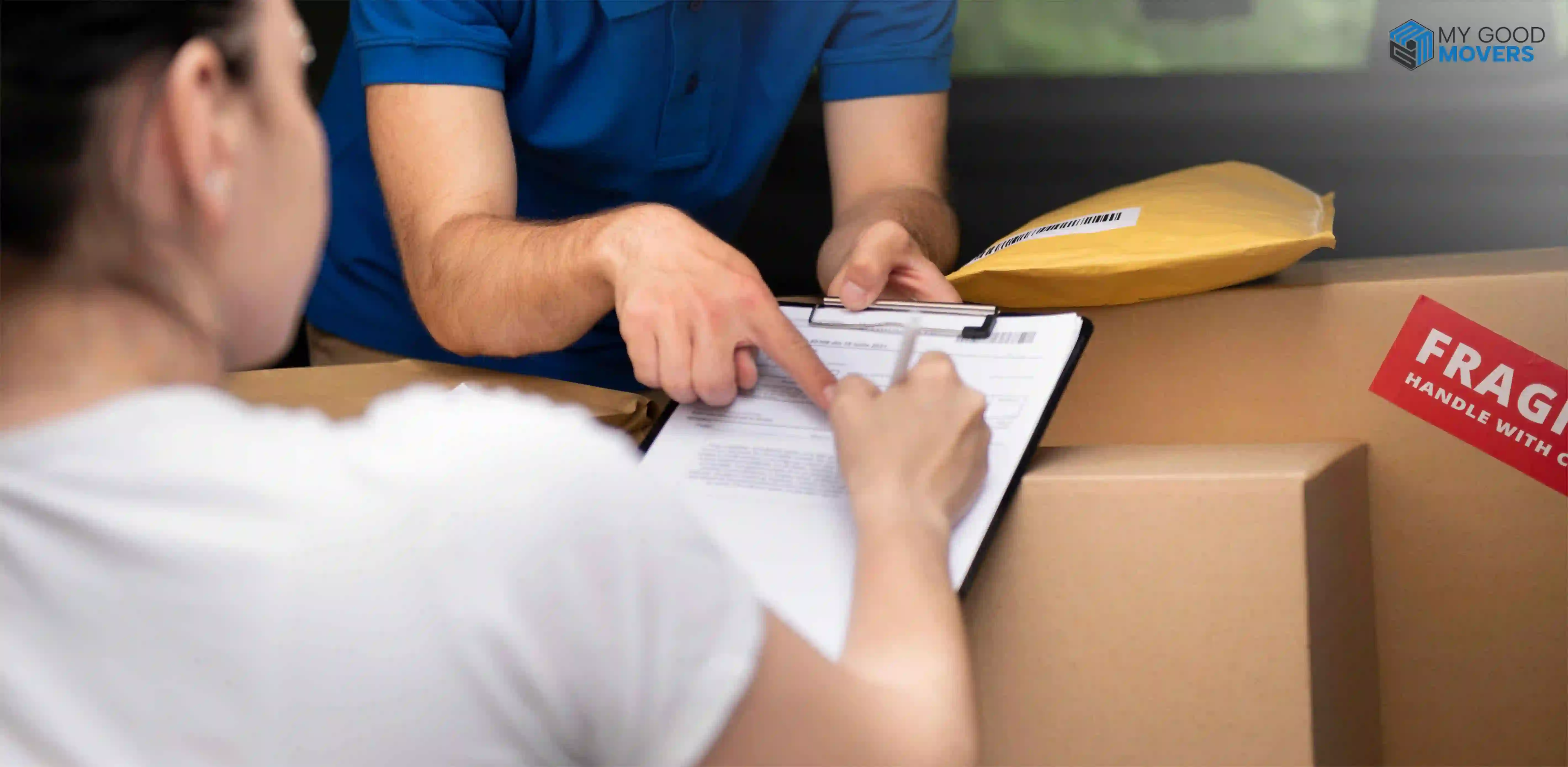

























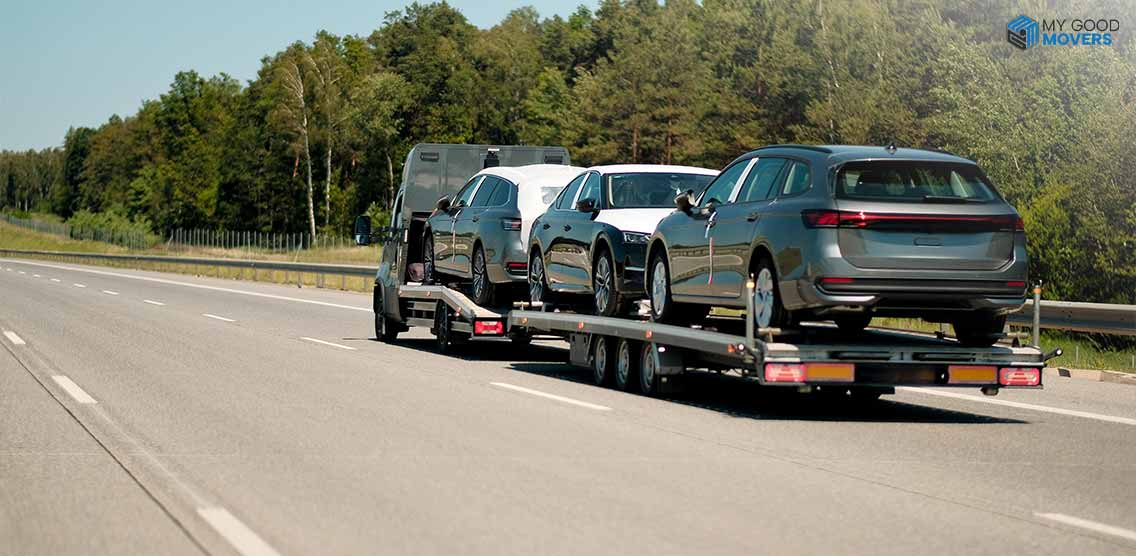
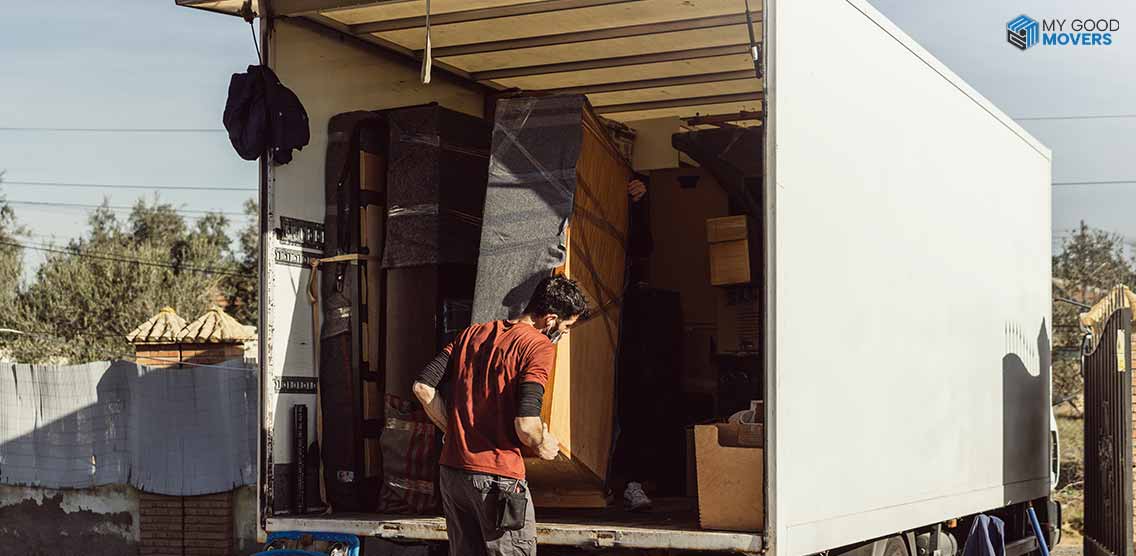









































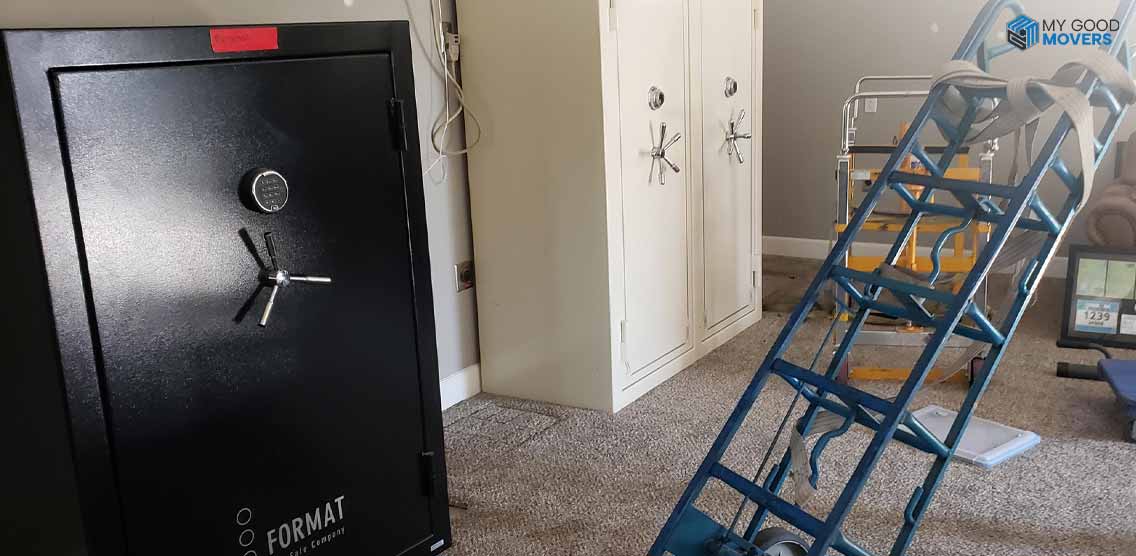










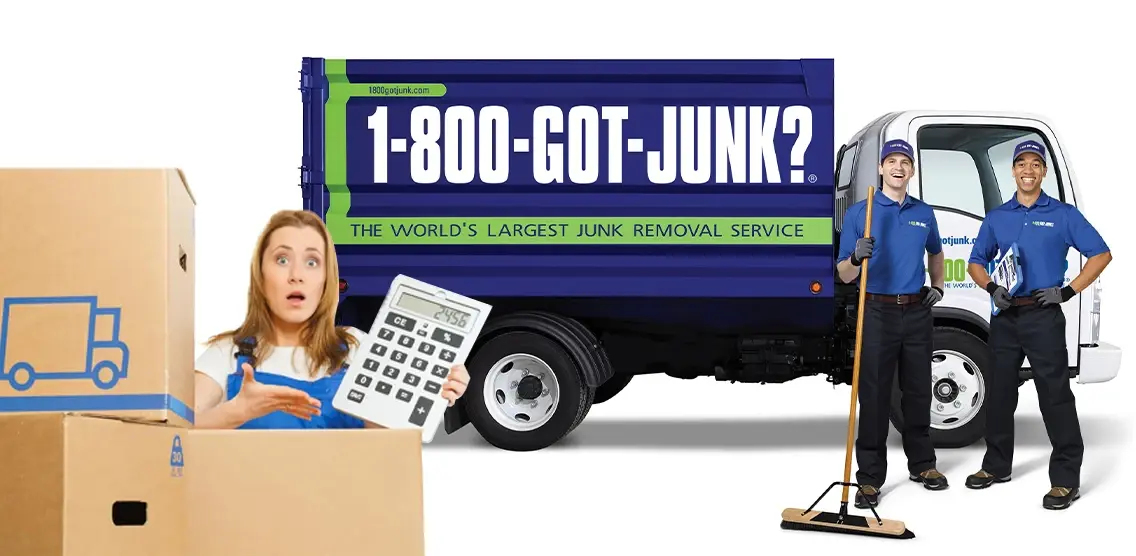
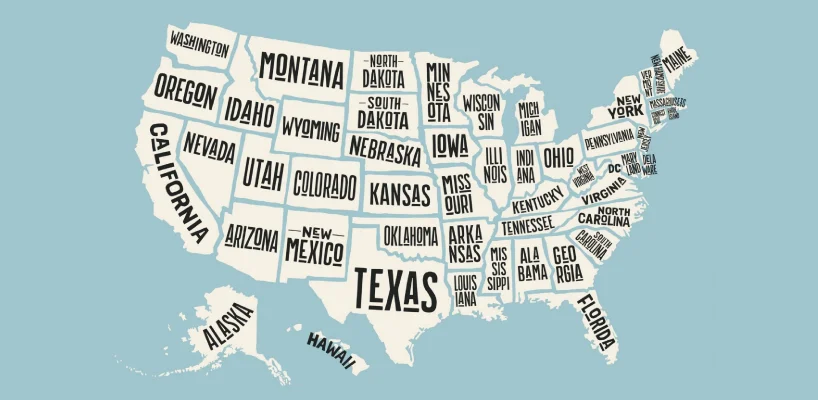





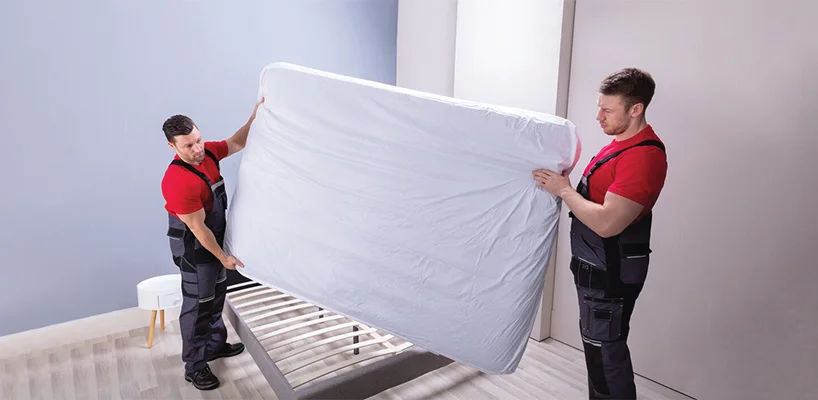
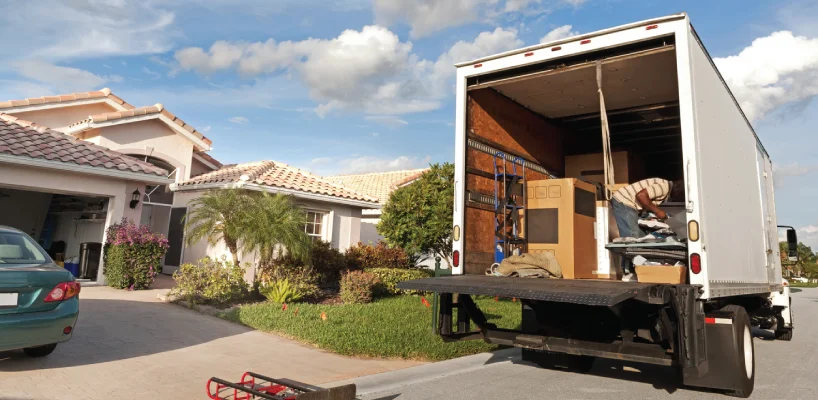




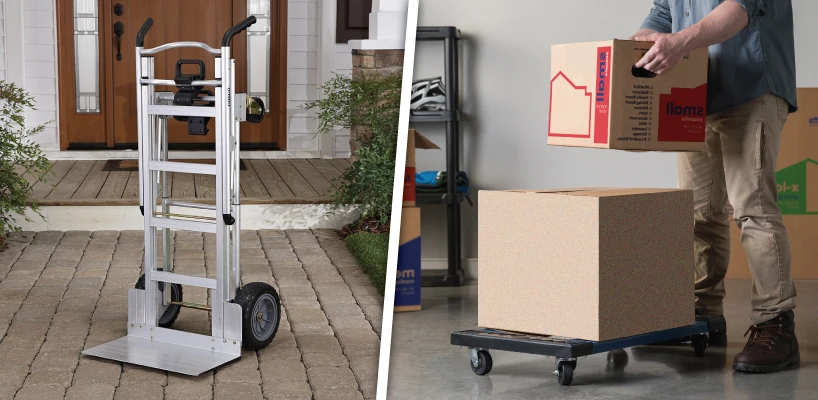
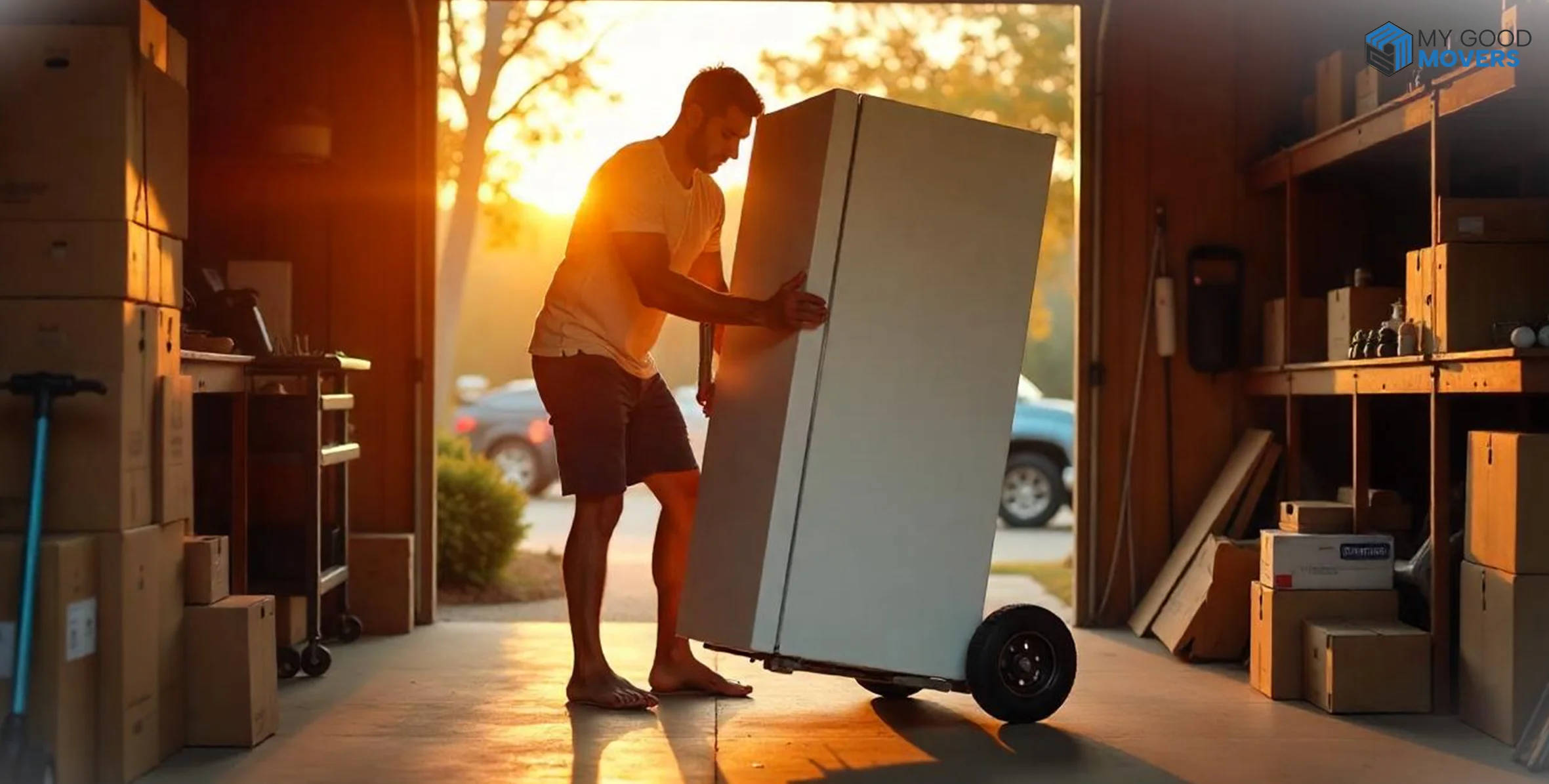
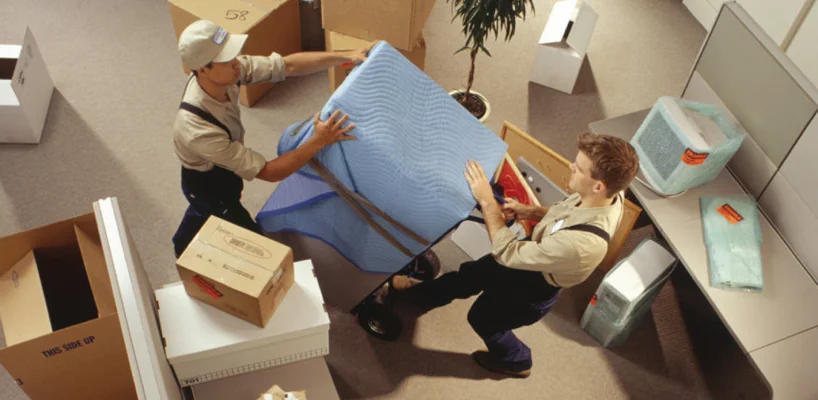


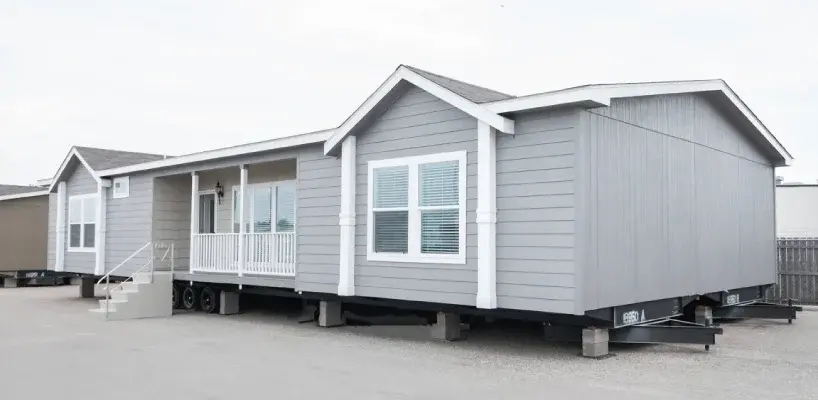


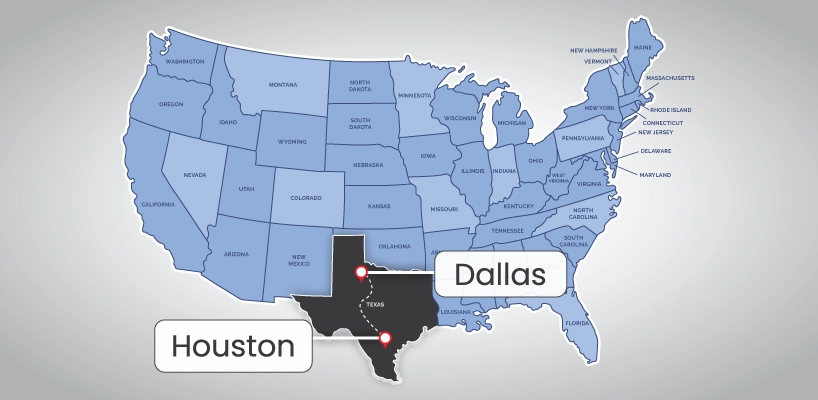


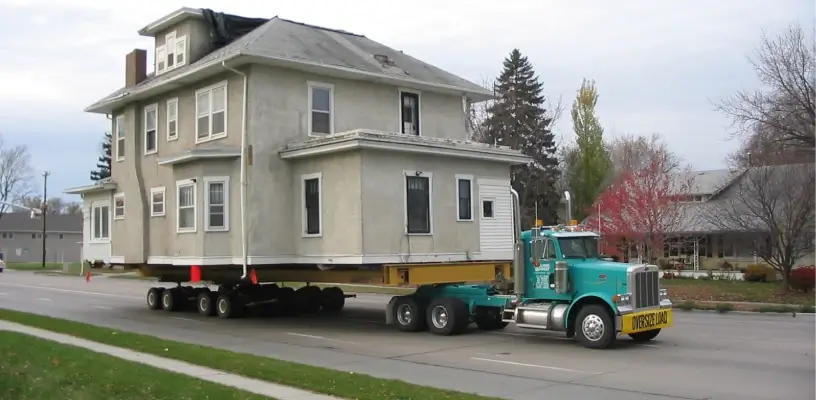
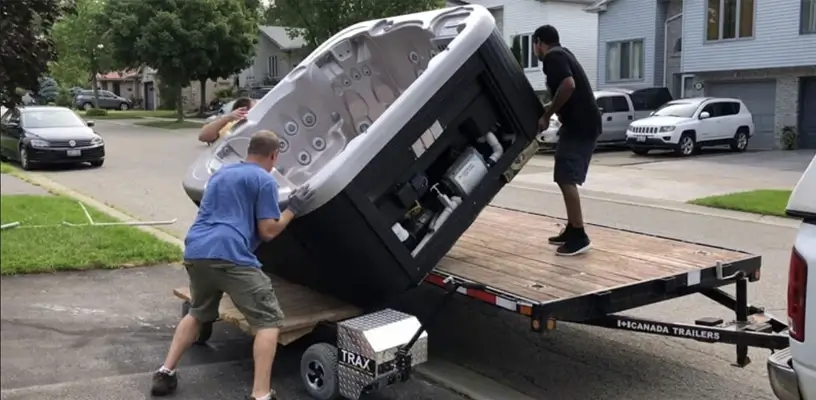






 (239) 799–6077
(239) 799–6077